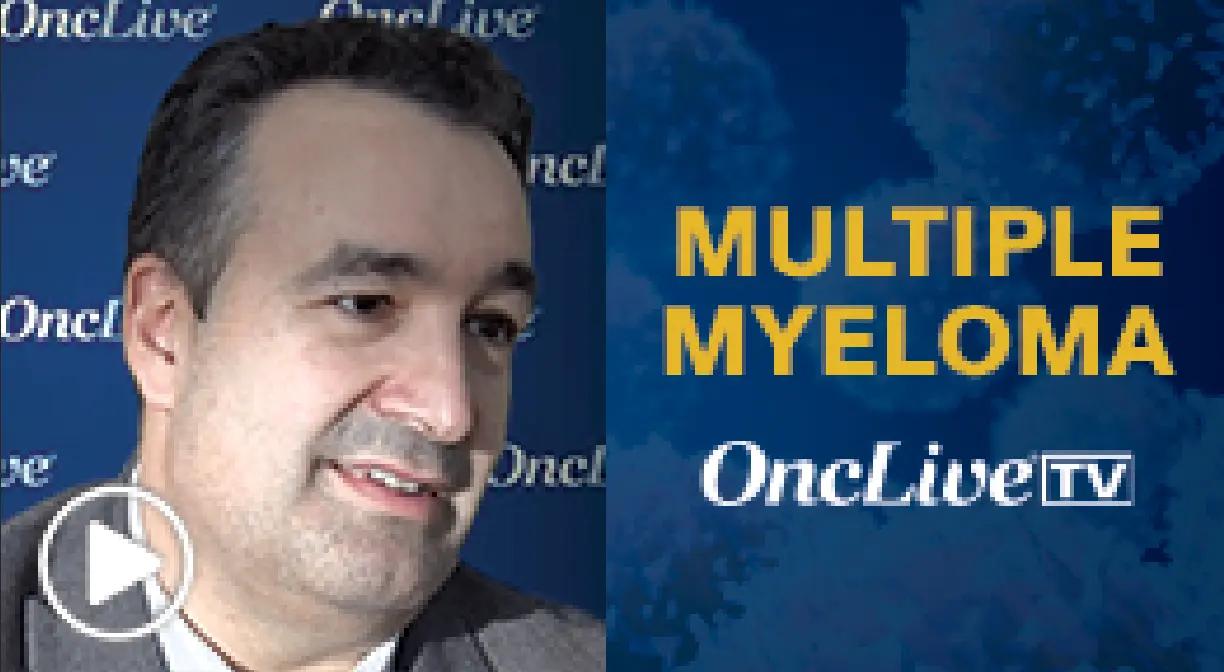“Expert Insights on Managing Advanced Multiple Myeloma”

Dr. Rachid Baz, an expert in Myeloma at the Moffitt Cancer Center, stresses the importance of educating patients with multiple myeloma about potential adverse effects (AEs) they may face during treatment. This includes both short-term and long-term AEs, which should be thoroughly explained to patients to help them better manage their disease.
With the landscape of multiple myeloma treatment evolving, Dr. Baz highlights the emergence of novel therapies as standard options for patients with relapsed/refractory disease. Notably, CAR T-cell therapies such as idecabtagene vicleucel (Abecma) and ciltacabtagene autoleucel (Carvykti) have received FDA approval for this indication in recent years. Additionally, bispecific antibodies like teclistamab-cqyv (Tecvayli), elranatamab-bcmm (Elrexfio), and talquetamab-tgvs (Talvey) have also been approved for the treatment of relapsed/refractory multiple myeloma.
In light of these advancements, oncologists are tasked with defining treatment sequencing and decision-making strategies to optimize outcomes for patients. Dr. Baz suggests that ongoing research in the field may further enhance the understanding of how to effectively utilize these therapies for the benefit of individuals living with multiple myeloma.
By educating patients about potential AEs and staying abreast of the latest developments in treatment options, healthcare providers can empower individuals with multiple myeloma to actively participate in their care and improve their overall quality of life.






